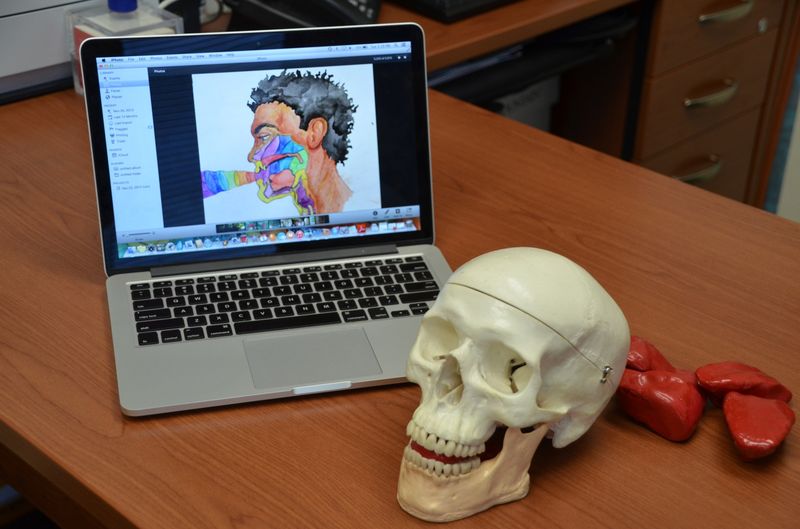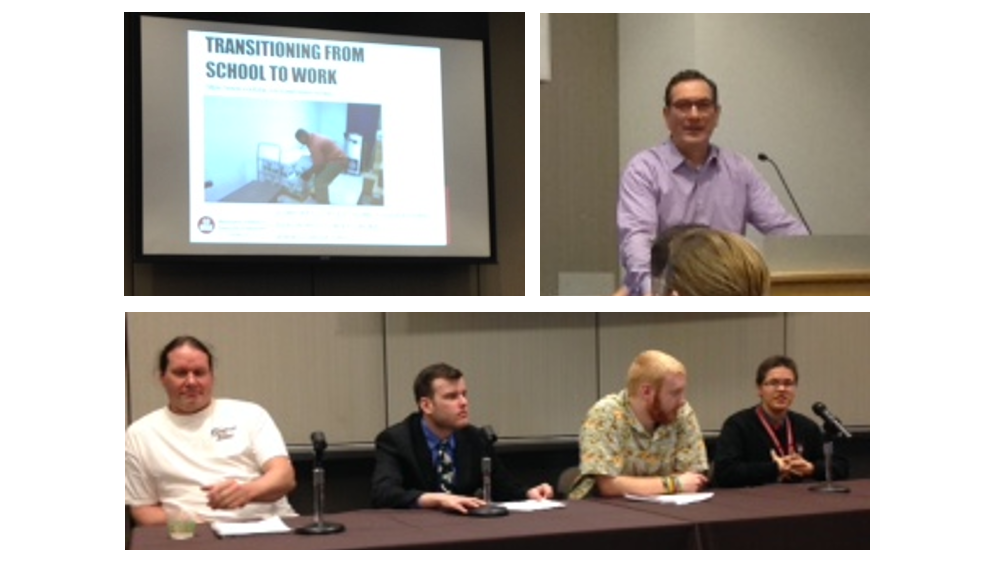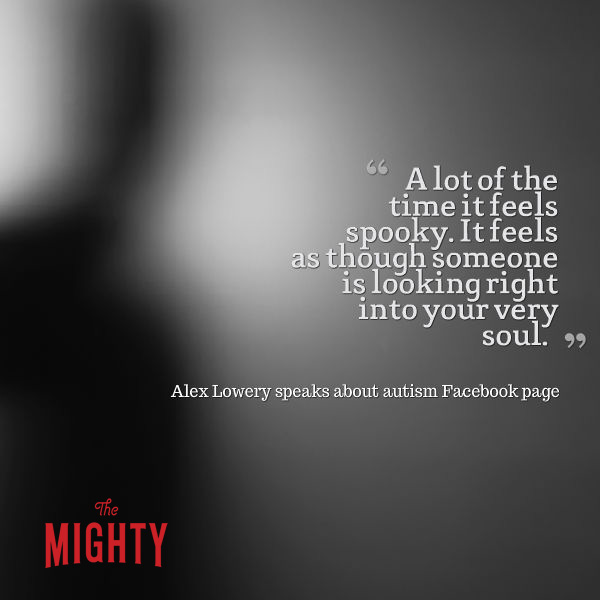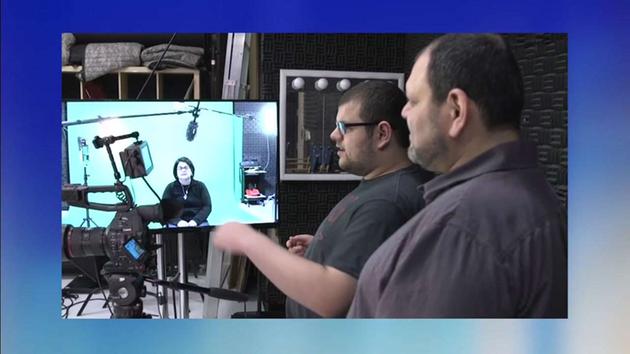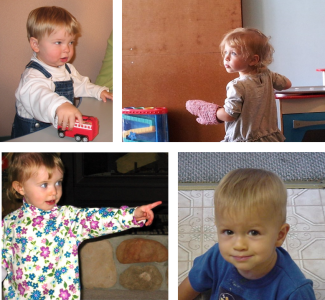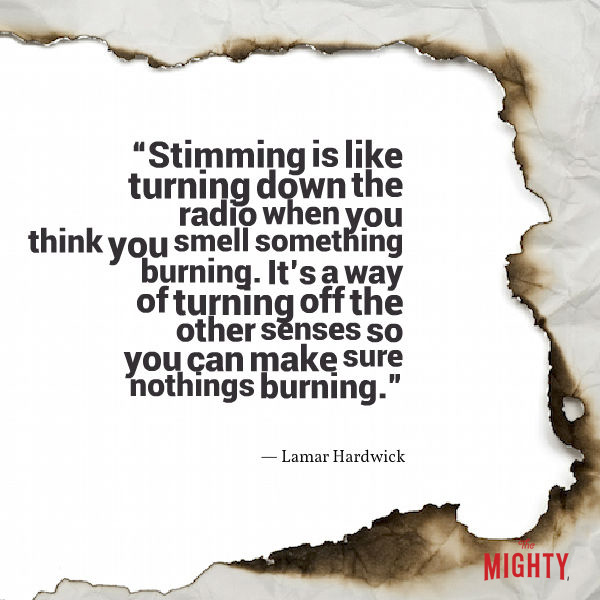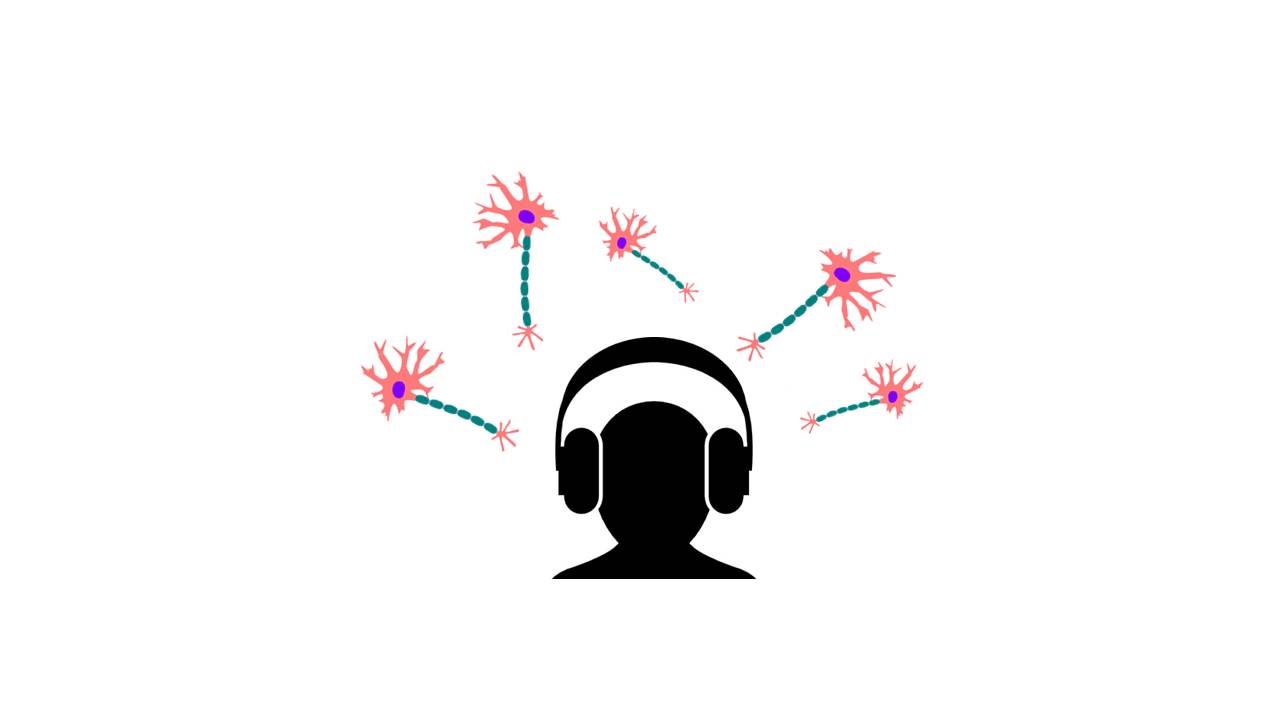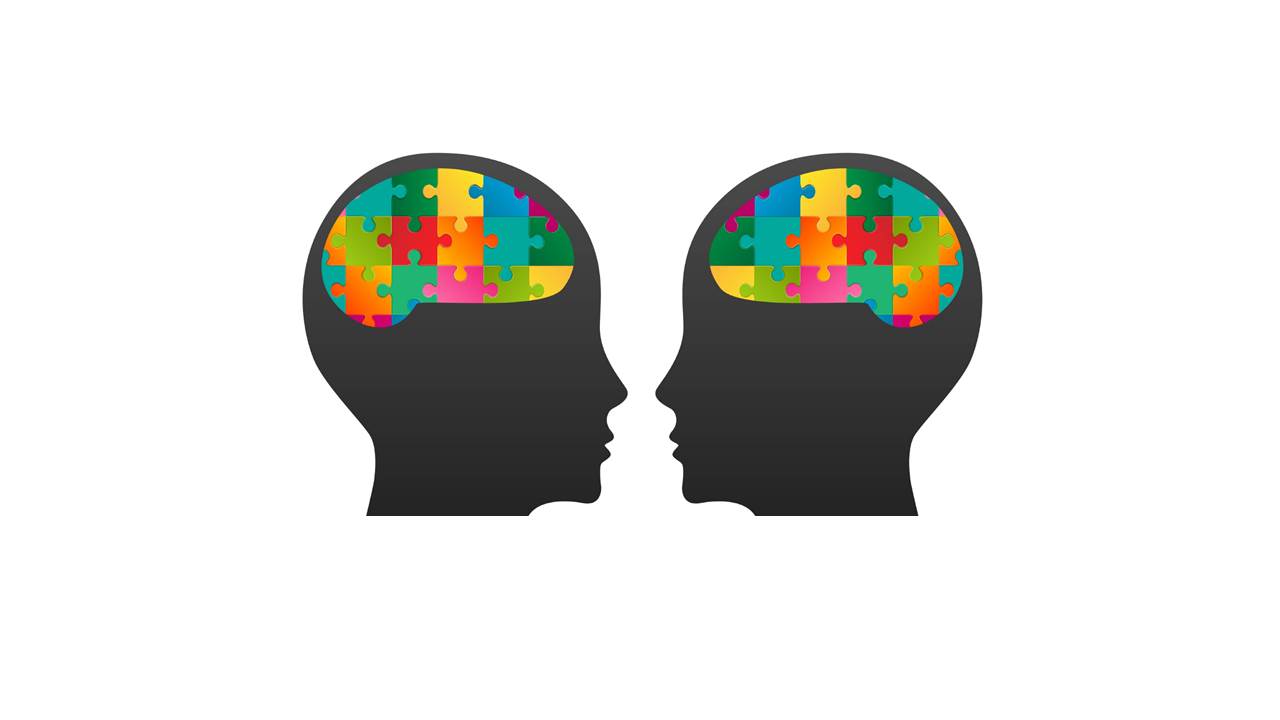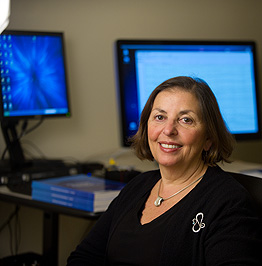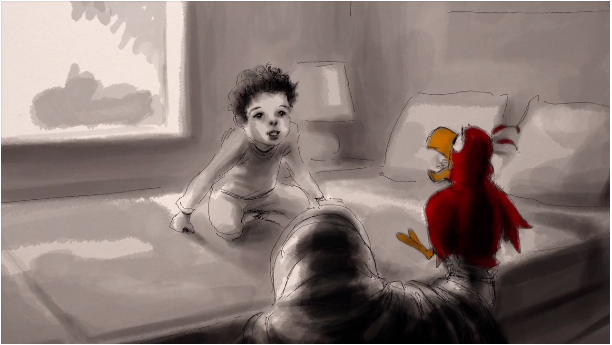Have you ever wanted to learn more about how to participate in READi Lab research, or enroll as a participant in one of our studies? If so, we have great news for you! Our new “READi Registry” will enable us to maintain updated information about families and their interests, and to communicate more effectively with families who would like to participate in our ongoing and future studies. Families can join the registry by completing a 10-minute web-based survey or a paper-based interview either via phone or in person.
Why join the READi Registry?
- You will receive notifications about studies your family may be eligible.
- You will have access to READi Lab tip sheets and other guides/manuals.
- You will stay updated on latest research findings.
Your participation in the READi Registry can make a significant scientific contribution to our understanding of how autism develops, how it can be identified by community service providers, and how to improve outcomes for children as well as their families. If you are interested in joining the READi Registry, please click here or call 206-221-3595 to learn more and enroll.



